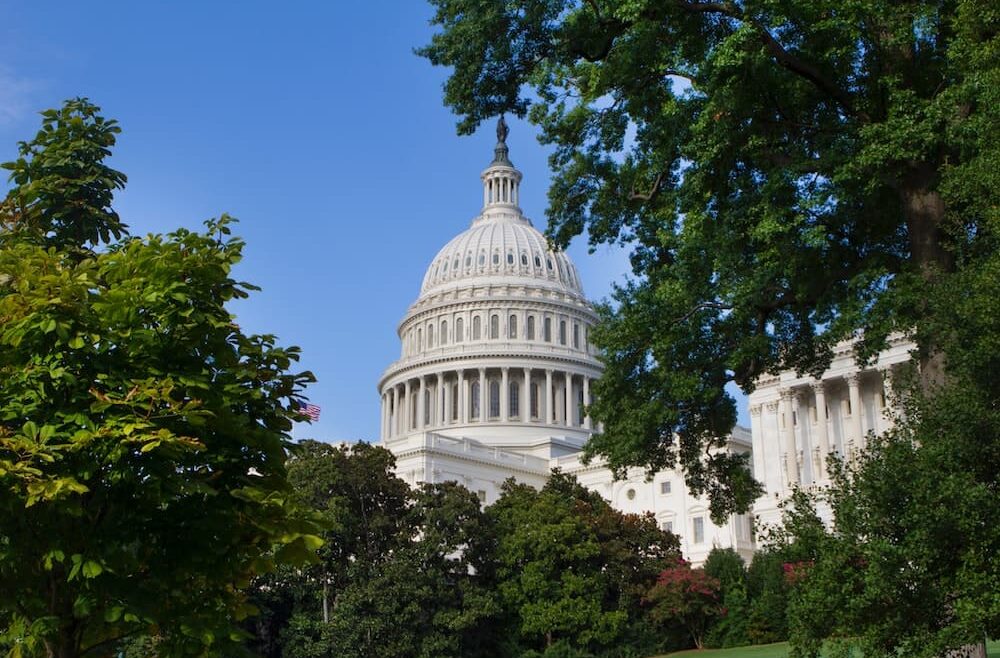Following the fall of Silicon Valley Bank, Signature Bank, and the more recent First Republic Bank, many feared that these three failures signaled an impending crash reminiscent of 2008. Government entities and financial institutions alike were eager to keep the trend from continuing and prevent any further failures.
In the wake of these failures, the Federal Reserve issued a 114-page report on the Silicon Valley collapse, in which it claimed a portion of the blame, citing it had taken too long to identify the issues at Silicon Valley and even longer to act on them. Furthermore, it noted that as a result of a change in 2019, all but the largest banks were exempt from strict oversight, which had aided in the seemingly sudden failure.
However, the report also made it clear the Federal Reserve and fellow government entities would not allow this mistake to happen again.
Michael Barr, who led the review and serves as the federal vice chair for supervision noted, “Following Silicon Valley Bank’s failure, we must strengthen the Federal Reserve’s supervision and regulation, based on what we have learned.”
Now, a few short months later, new legislation aims to keep that promise as the House Financial Services Committee has announced it plans on marking up legislation on Wednesday, May 24th, which would increase government oversight into banks’ and credit unions’ current standing. The bill would require federal banking regulators to submit semi-annual reports detailing which financial institutions under their oversight are underperforming.
These confidential reports would serve in “identifying each supervised credit union with less than satisfactory examination or inspection ratings; and each supervised credit union with an active formal or informal enforcement action, and the status of each provision of each enforcement action.’’
Essentially, this means that entities such as the NCUA will need to report to the government a list of every credit union that did poorly in examinations. Likewise, bank regulators will need to do the same. The chairmen of such organizations will then need to testify in front of the House Financial Services Committee.
These testimonies need to include:
- “The conditions of credit unions, including examination or inspection ratings, on an aggregate basis by credit union asset size.
- Aggregate data on outstanding material supervisory determinations by asset size.
- Changes in the number and types of outstanding material supervisory determinations over the previous five years.
- Data on the ratings of credit unions over the previous three years.
- The number of formal and informal enforcement actions, by type of enforcement action and showing changes in the last three years.”
In addition to this new rule, the legislative package, which includes six total reform bills, would also require the Financial Stability Oversight Council to provide the House Financial Services Committee with its own reports as well.
While it is unclear how far the bill will go, credit unions and banks alike can be sure this will not be the last they hear about increase regulation as a result of these bank failures.

























































